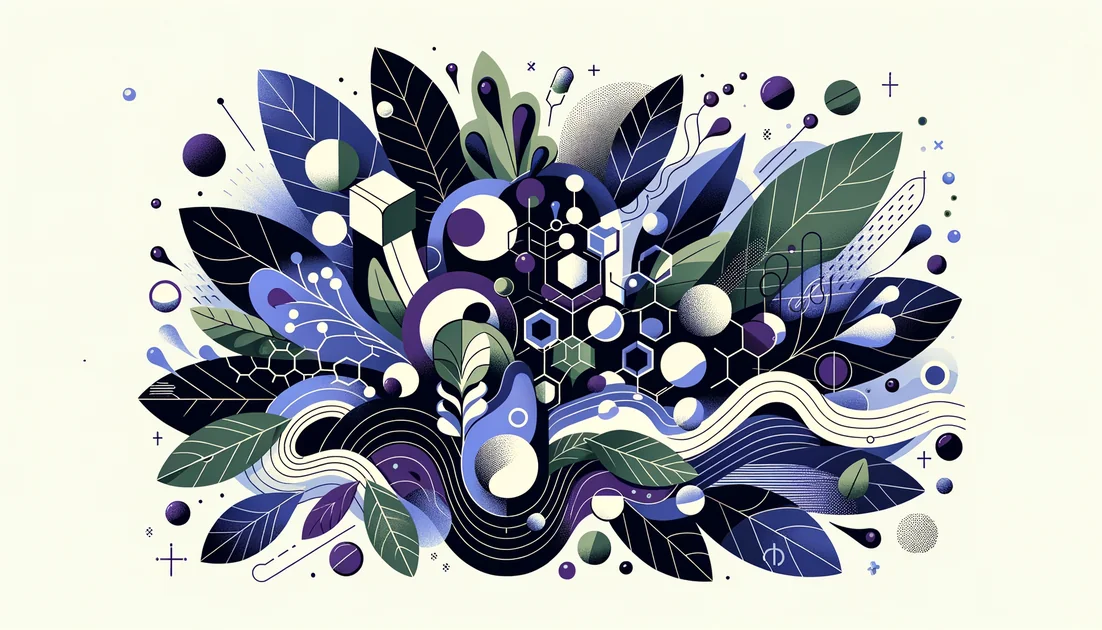
Top 10 Evidence-Based Recommendations
We reviewed 40+ human RCTs and meta-analyses on attention, processing speed, working memory, mental fatigue, and real-world "fog" outcomes—then ranked only what shows meaningful effects in people. No affiliate fluff, every claim cited.
Quick Reference Card
L-theanine 100–200 mg + caffeine 50–160 mg (fast focus) [1][2]
Creatine monohydrate 3–5 g/day (memory/processing) [5]
Citicoline 250–500 mg/day (attention + episodic memory) [8][9]
Curcumin (Longvida) 400–800 mg/day (attention/working memory) [15][16]
Lion's Mane 1–3 g/day, 16 weeks (MCI data; slow build) [19]
Ranked Recommendations
#1L-theanine + caffeineTop Choice
Fast, clean focus—without the jitters
Dose: L-theanine 100–200 mg + caffeine 50–160 mg together; onset ~30–60 min
Time to Effect: 30–90 minutes
How It Works
Evidence
Quick clarity for task-heavy days or after poor sleep.
Avoid late-day caffeine if sleep-sensitive.
#2Creatine monohydrateStrong Alternative
Cellular energy for a clearer, faster brain
Dose: 3–5 g daily; loading not required
Time to Effect: 1–4 weeks (faster if sleep-deprived/under high demand)
How It Works
Raises brain phosphocreatine to buffer ATP, supporting prefrontal and hippocampal networks under energy strain. [5]
Evidence
Fog from sleep debt, intense study, or vegetarian/low-meat diets.
Bloating in some; stay hydrated.
Plain creatine monohydrate is the studied form; take anytime daily. [5]
#3Citicoline (CDP-choline)Worth Considering
Fuel for acetylcholine and membrane repair
Dose: 250–500 mg daily
Time to Effect: 2–12 weeks (some attention benefits by 4 weeks)
How It Works
Evidence
Midlife/older adults with word-finding or memory "lag"; students needing cleaner focus.
Mild headache/insomnia in some; take earlier if sensitive.
If you already drink coffee, pair citicoline with a modest caffeine dose or theanine-caffeine for additive attentional benefits. [10]
#4Bacopa monnieri (standardized)
The slow-burn memory herb
Dose: 300 mg/day of extract standardized to ~50% bacosides (e.g., 55%); meals
Time to Effect: 4–12 weeks
How It Works
Enhances synaptic signaling and antioxidant defenses; over weeks, improves encoding and recall speed. [11]
Evidence
Persistent "tip-of-the-tongue" fog and recall issues.
GI upset possible—start with 150 mg for a week.
Consistency beats dose spikes; expect gradual gains. [11]
#5Curcumin (high-bioavailability, e.g., Longvida)
Inflammation-calming focus support
Dose: 400–800 mg/day of a lipidated/optimized form
Time to Effect: 1 hour (acute attention) and 4–12 weeks (working memory)
How It Works
Evidence
Inflammation-linked fog, midlife+ adults.
May interact with anticoagulants; take with food.
#6Lion's Mane (Hericium erinaceus)
Nerve growth factor–friendly mushroom
Dose: 1–3 g/day fruiting body extract or 500–1,000 mg erinacine/hericenone-standardized; 8–16 weeks
Time to Effect: 8–16 weeks
How It Works
Erinacines/hericenones may stimulate NGF signaling and neuroplasticity. [19]
Evidence
Longer-term brain health when fog blends with mild forgetfulness.
Quality varies widely; verify fruiting body vs. mycelium.
Choose products with quantified erinacines/hericenones; commit to 3+ months. [19]
#7Rhodiola rosea (standardized)
Anti-fatigue herb for mental stamina
Dose: 200–400 mg/day (3% rosavins/1% salidroside)
Time to Effect: 1–2 weeks (some acute effects)
How It Works
Modulates HPA axis and monoamines; may reduce mental fatigue and improve reaction time under stress. [21]
Evidence
Fog from stress and workload fatigue.
Can be too stimulating for the very anxious—start low.
Morning dosing helps energy without impairing sleep. [21]
#8L-Tyrosine (situational)
Stress-buffer for working memory
Dose: 2 g once or 100–150 mg/kg 60 min pre-stressful task
Time to Effect: 60 minutes
How It Works
Evidence
High-pressure days, night shifts, travel jet lag.
May cause nausea/headache; avoid late-evening if stimulating.
Reserve for stressful days, not daily use. [23]
#9Omega-3s (DHA-forward)
Membrane fluidity for faster signals
Dose: DHA 1,000–1,200 mg/day (or 1.16 g DHA used in trials)
Time to Effect: 8–24 weeks
How It Works
Incorporates into neuronal membranes to support signaling and neurovascular function. [27]
Evidence
Low fish intake, baseline low omega-3 status.
Fish oil can reflux; take with meals.
Test omega-3 index; aim >8% for a fair trial. [29]
#10Magnesium L-threonate (emerging)
Speculative, but intriguing for synaptic support
Dose: 1.5–2 g/day Mg L-threonate (delivers ~144–200 mg elemental Mg)
Time to Effect: 4–12 weeks
How It Works
Evidence
When standard options failed and magnesium status is low.
Loose stools at higher total Mg; separate from thyroid antibiotics.
Prioritize sleep, stress, and proven picks first; consider serum/RBC Mg baseline. [35]
Common Questions
What actually causes brain fog?
Common drivers: sleep debt, stress/cortisol swings, low omega-3, inflammation/illness, perimenopause, medications, and blood sugar swings. Supplements help most when sleep/stress/diet are addressed too.
How fast will I feel a difference?
Theanine+caffeine and tyrosine work in 30–90 min. Creatine, bacopa, DHA, curcumin, Lion's Mane need weeks. Combine a quick-win with a long-game option.
What's best for long-COVID brain fog?
Data are early; some clinicians try EGb 761 ginkgo (case series) and NAC+prescription guanfacine (open-label). Discuss with your doctor. [35]
Can I stack multiple supplements?
Yes—use one quick-win + one long-game. Avoid overlapping stimulants late in the day and add one change at a time for 1–2 weeks.
Do these replace sleep and exercise?
No. Sleep, aerobic activity, sunlight, and regular meals amplify supplement benefits and often fix fog on their own.
Timeline Expectations
Combination Strategies
The Quick-Clear Stack (60 minutes)
Components:L-theanine 200 mg + caffeine 100 mg + Citicoline 250 mg
Combines adenosine blockade + reduced distractibility (theanine-caffeine) with choline/phospholipid support (citicoline) to lift attention and sustained focus beyond either alone. [1][2][8][10]
Take all together 30–60 min before cognitively demanding work; avoid after 2 pm if sleep-sensitive.
Anti-Fatigue Focus Stack
Components:Rhodiola rosea 200–300 mg (AM) + Creatine monohydrate 3–5 g (daily) + Optional: Tyrosine 2 g (situational)
Rhodiola reduces mental fatigue; creatine supports cellular energy; tyrosine acutely buffers stress-induced catecholamine dips. [21][5][23]
Rhodiola with breakfast; creatine daily anytime; add tyrosine 60 min before high-stress tasks or night duty.
The Long-Game Clarity Stack (8–12 weeks)
Components:Bacopa monnieri 300 mg/day + Curcumin (Longvida) 400 mg/day + DHA 1,000–1,200 mg/day
Targets memory encoding (bacopa), neuroinflammation/endothelial function (curcumin), and membrane fluidity (DHA) for durable fog reduction. [11][16][27]
Daily with food; reassess at 8–12 weeks before adjusting.
You might also like
Explore more of our evidence-led investigations, comparisons, and guides across every article style.
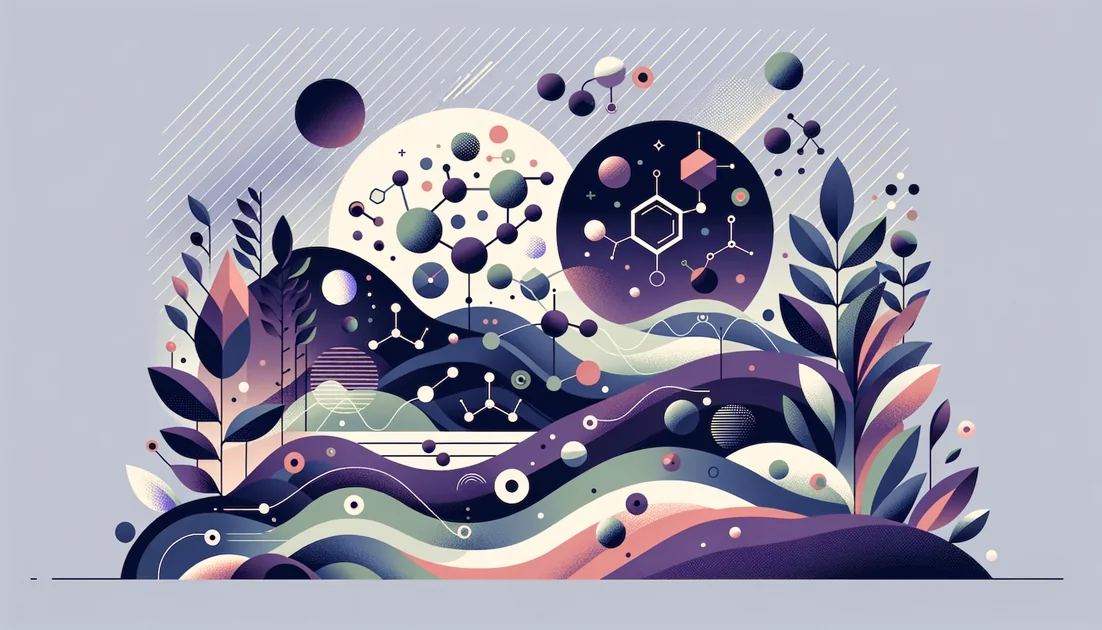
GNC (General Nutrition Centers) — Supplements Division
GNC's Supplement Paradox: Pockets of elite sports testing amid uneven transparency and premium pricing
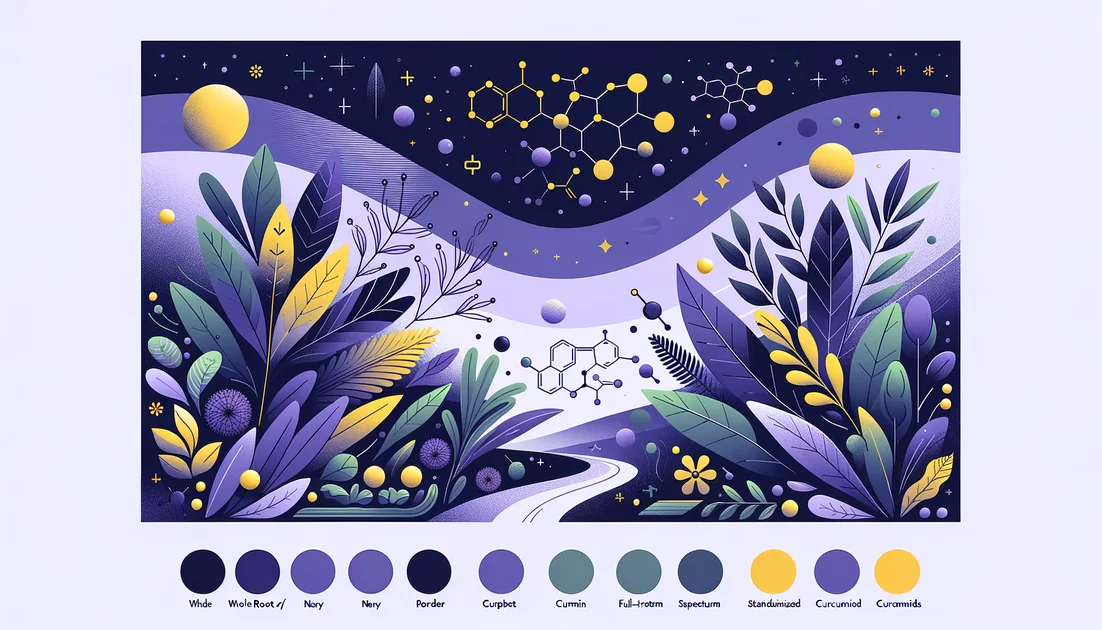
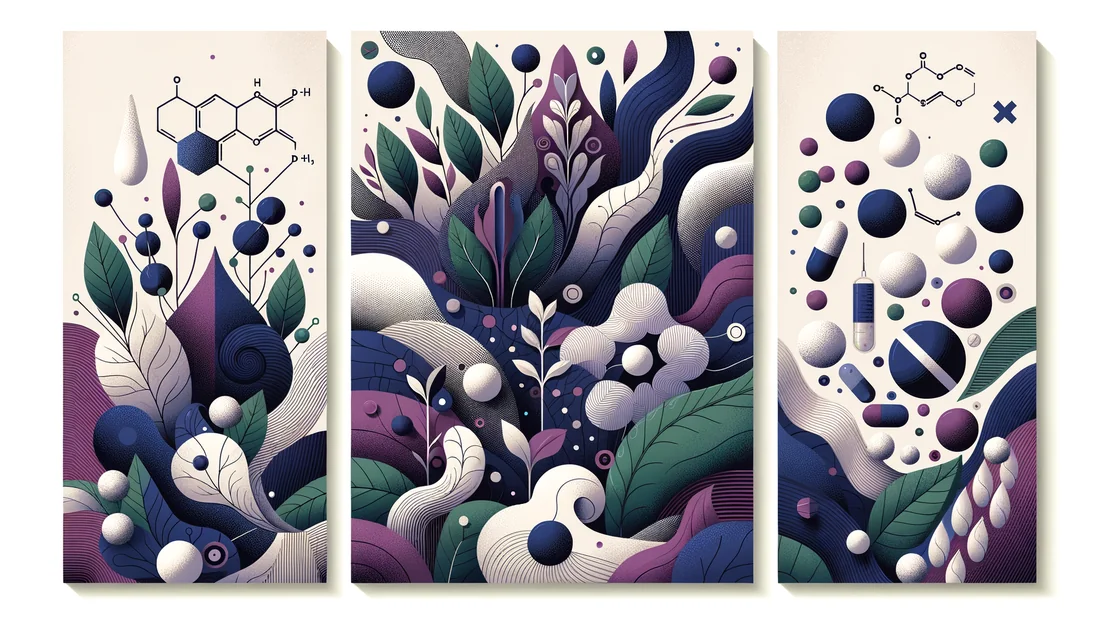
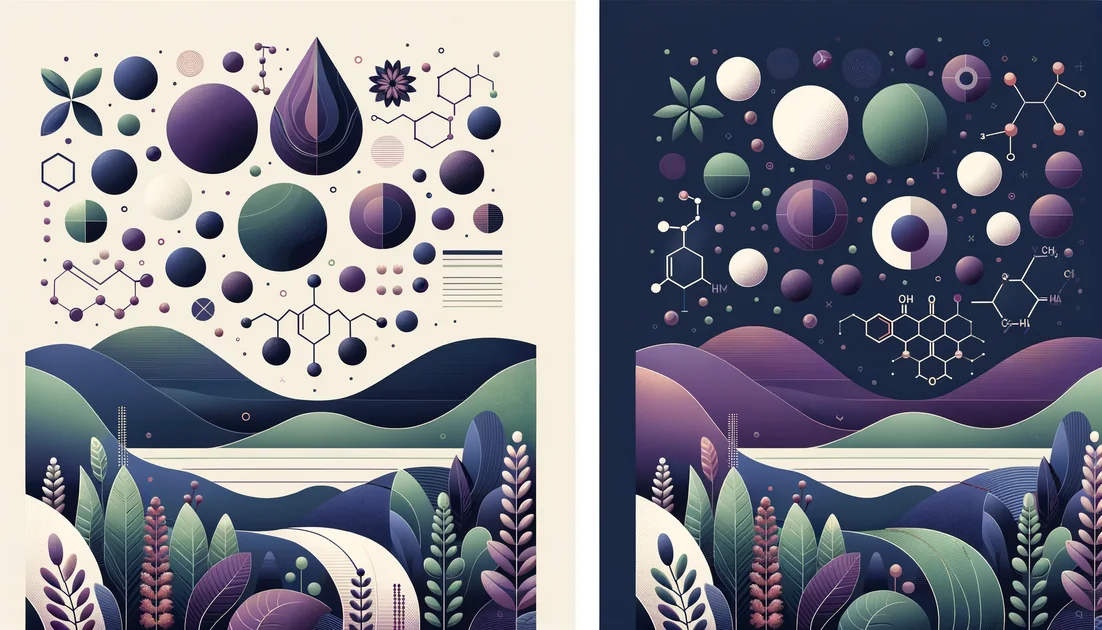
Grape Seed Extract
You pour a glass of red wine and glance at the tiny, forgettable seeds in the pressings. Who would guess those leftovers would one day help ease a too-loud pulse and swollen legs—and even sharpen attention within 90 minutes?
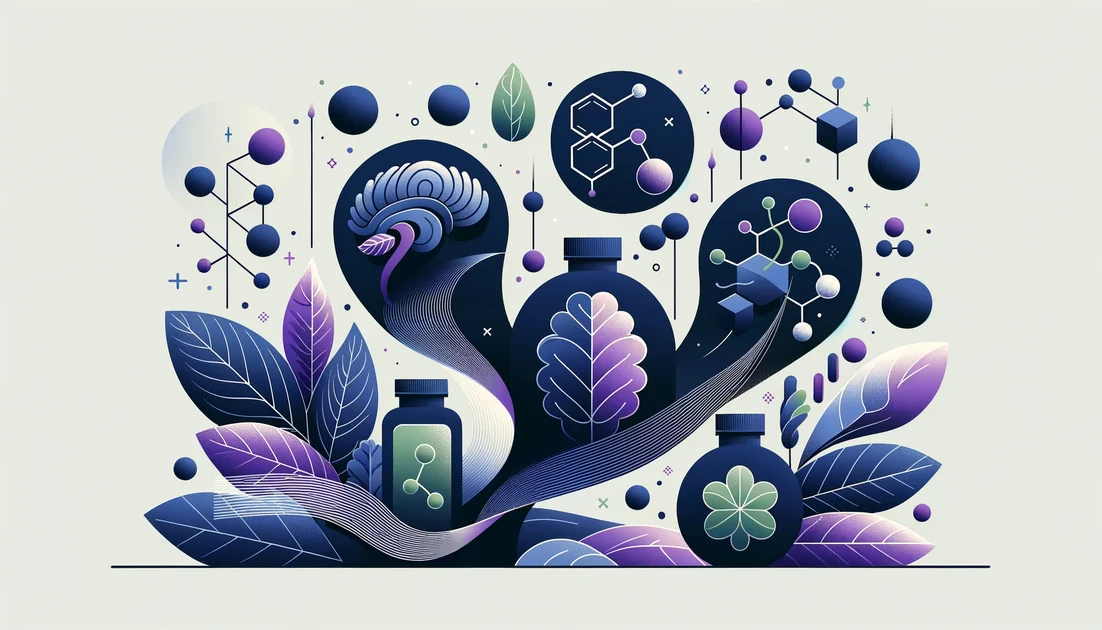
Lion's Mane + Bacopa: Smart Memory Duo or Just Hype?
The combo is a theoretical dual-pathway stack (neurotrophic + cholinergic), but there are no direct head-to-head studies proving synergy.

Tocotrienols
The stealthier cousins of vitamin E—built with springy tails that move differently in cell membranes and behave differently in your body.



















